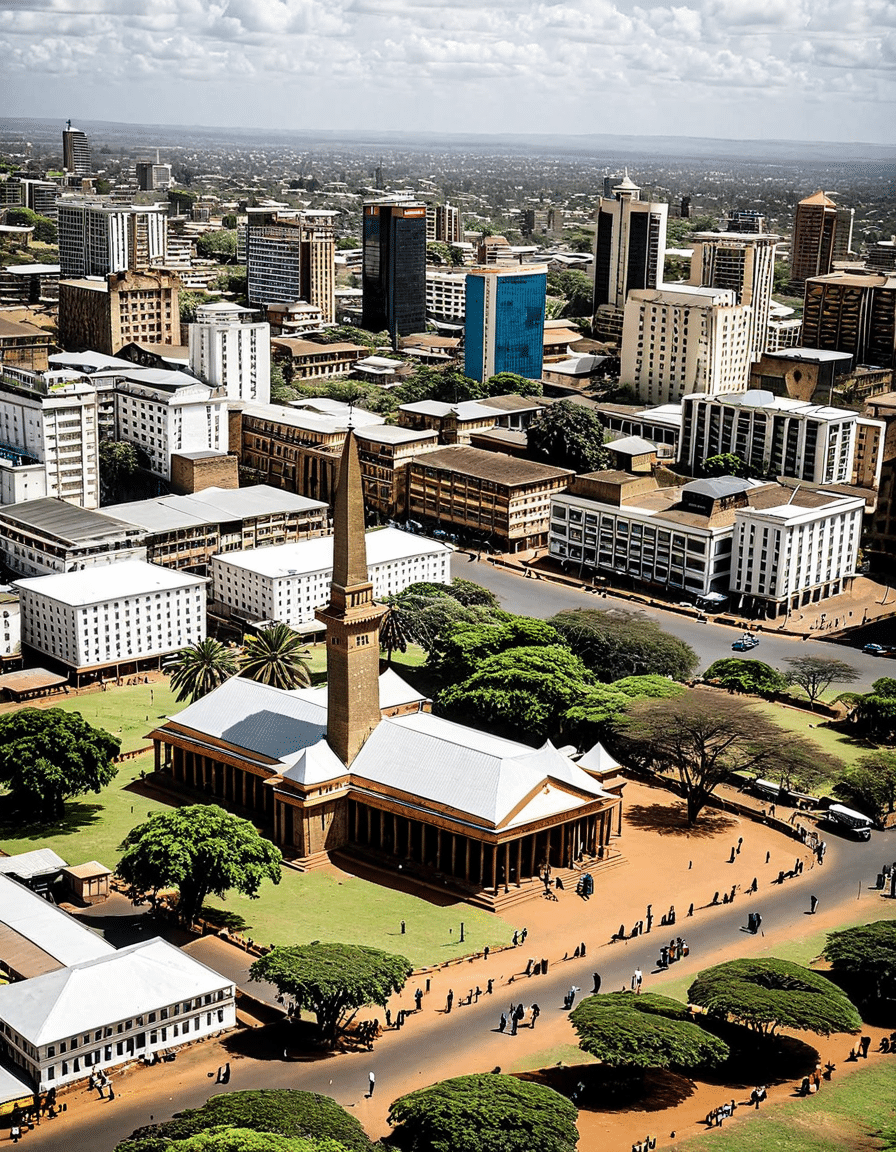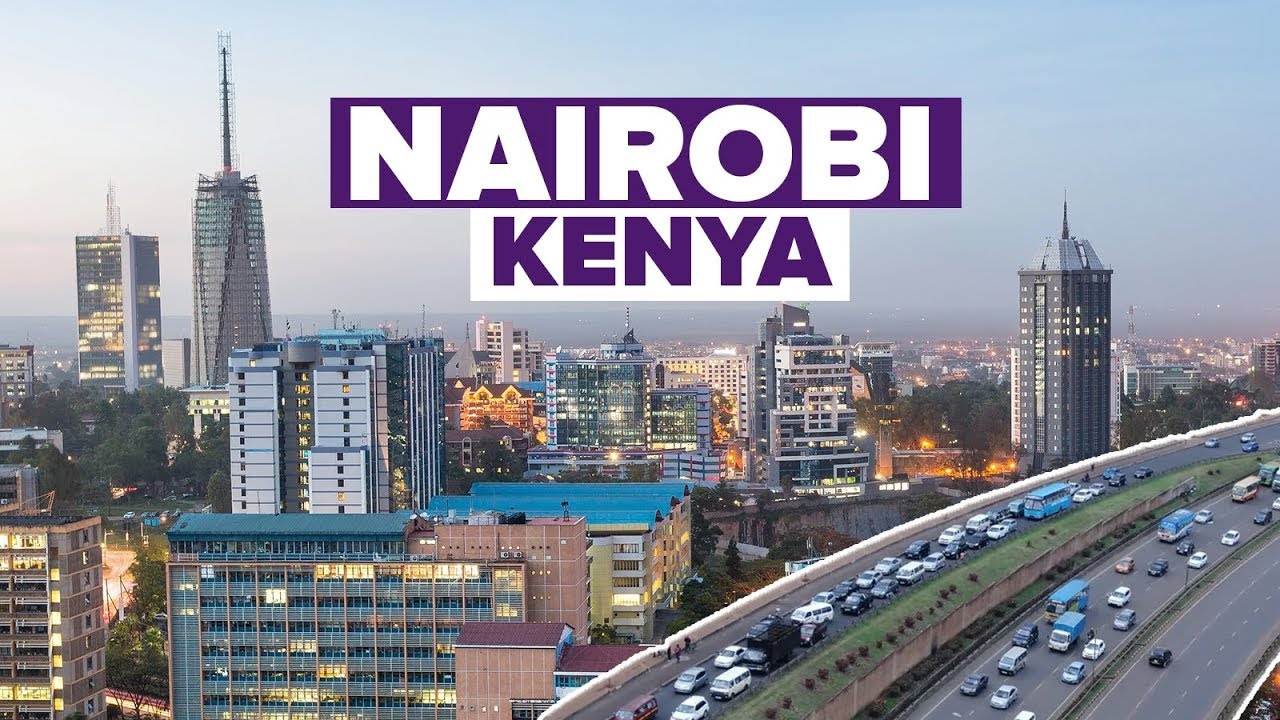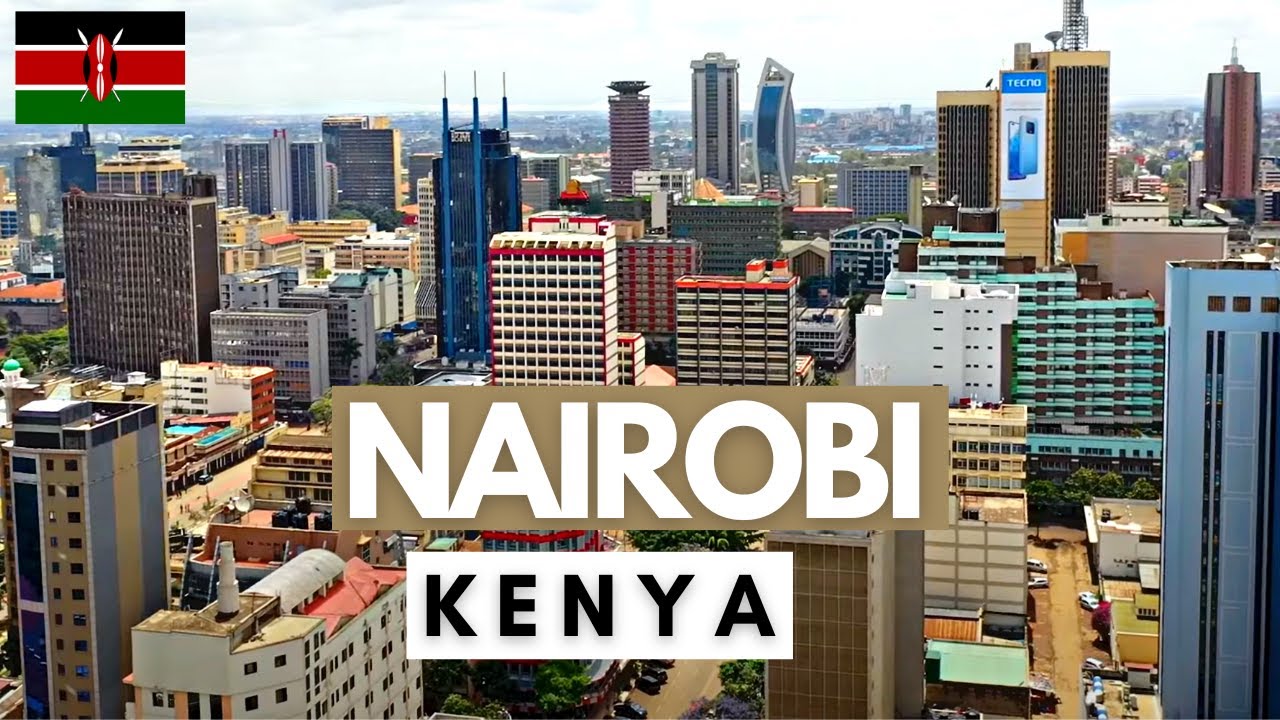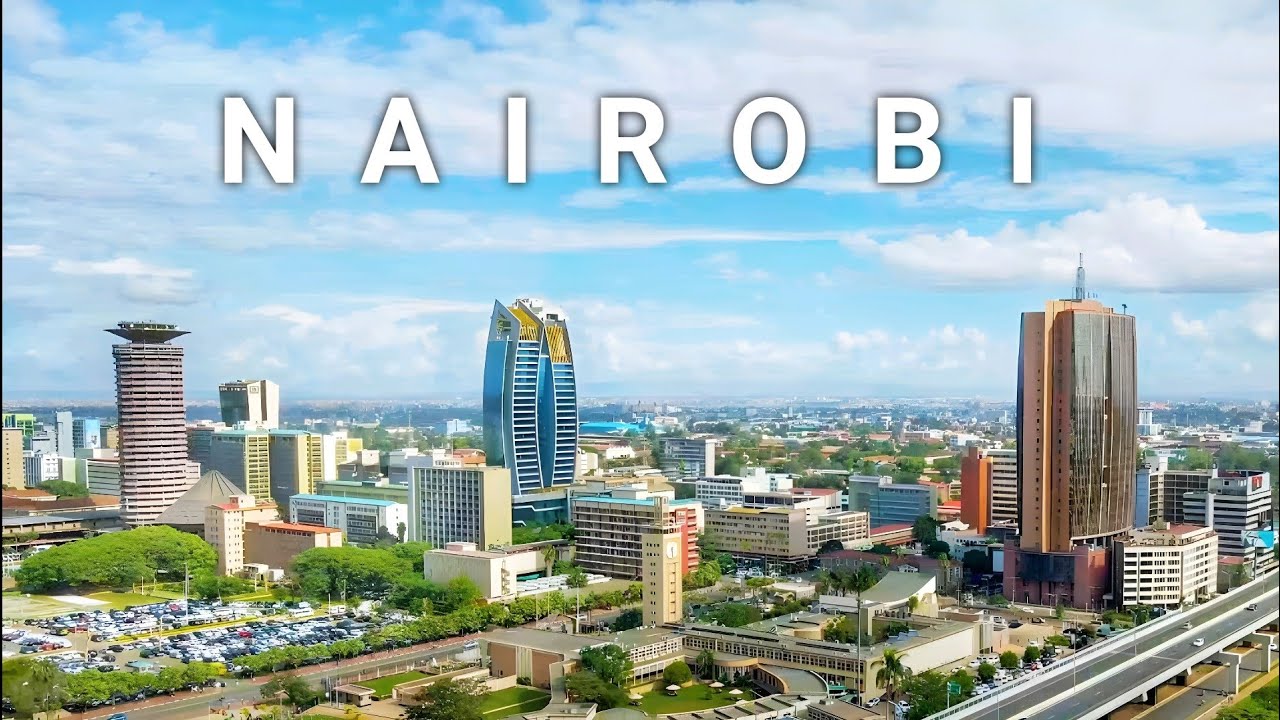Nairobi, the capital of Kenya, is more than just a city; it’s a lively nexus of culture and history. As Kenya’s political heart, the capital thrives on a rich tapestry woven from countless ethnicities, traditions, and historical experiences. The vibrant interactions among over 40 ethnic groups set Nairobi apart, making it a captivating destination for both locals and visitors. This metropolis proves it can hold its own against other notable capitals around the globe in ways few cities can.
7 Unique Cultural Aspects of the Capital of Kenya
Nairobi’s charm lies in its incredible ethnic diversity. The Kikuyu, Luo, Maasai, and numerous other communities enrich the city with unique flavors, tongues, and festive celebrations. This cultural melange creates a Kenyan identity that’s cosmopolitan and captivating. Locals often celebrate events like the Maasai Mara Cultural Festival, showcasing traditional dances, crafts, and culinary delights.
Established in 1899 as just a railway depot, Nairobi has undergone remarkable transformation over the past century. Historical landmarks, such as the National Museum of Kenya, narrate the story of colonialism, ancient civilizations, and the vigorous wildlife conservation efforts that echo throughout the region. Visitors also get a glimpse into the city’s past with stops at the Kenyatta International Conference Centre, an essential venue for significant political events.
The culinary landscape of the capital of Kenya reflects its vast cultural tapestry and international influences. Whether you’re sampling street food like “nyama choma” — grilled meat often enjoyed with kachumbari, or dining at upscale eateries like Carnivore or Talisman, the city is a food lover’s paradise. Nairobi’s restaurants not only serve traditional fare but also dishes inspired by global trends, elevating the dining experience.
Creativity thrives in Nairobi, where art and music serve as expressions of cultural narratives. Art galleries like the Nairobi National Museum’s art section, and Kuona Trust, enable emerging and established artists to showcase their talent. The music scene is just as lively, with genres such as benga and hip-hop popularizing the country’s narrative, often found reverberating through the nightlife hotspots of the city.
One of Nairobi’s standout features is its cohabitation with nature. The Nairobi National Park offers an exceptional chance to witness lions, giraffes, and rhinos against an urban backdrop. This splendid interaction between the city and wildlife exemplifies Kenya’s commitment to conservation, allowing Kenyans and tourists alike to engage in a unique experience.
Throughout the year, Nairobi pulses with energy as various cultural festivals take center stage, including the Nairobi Film Festival and the Kenya Music Festival. These events aren’t just entertaining; they celebrate the nation’s artistic spirit and unity amongst diverse communities, fostering a sense of pride that resonates throughout the city.
Home to some of Africa’s esteemed educational institutions, the capital of Kenya also thrives in academia. The University of Nairobi and Kenyatta University play crucial roles in shaping the region’s workforce and facilitating research initiatives. These institutions are not just centers of learning; they represent Nairobi’s youth-driven ambitions on the global stage.
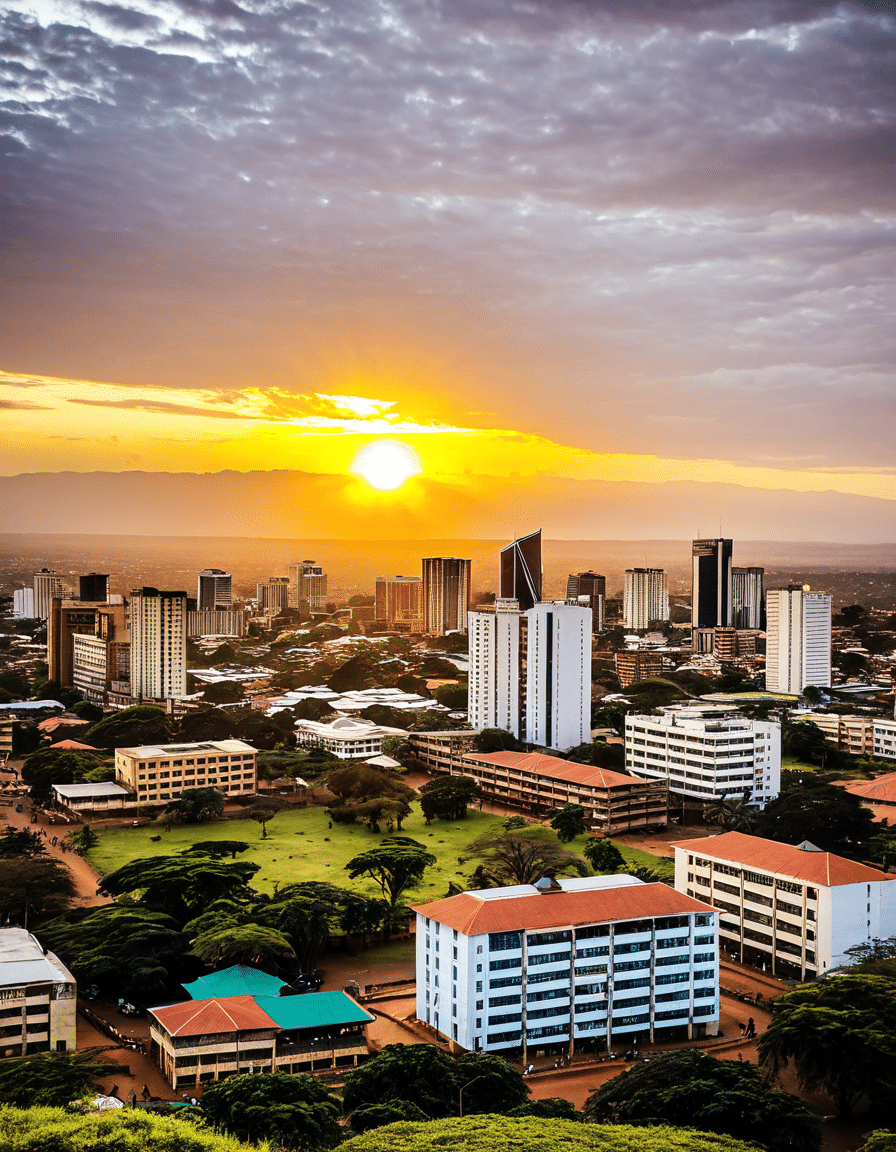
Comparing Global Capitals: Nairobi, Jackson, Beijing, Nashville, and Atlanta
To appreciate Nairobi’s distinct character, let’s take a peek at how it stacks up against other capitals:
Embracing Nairobi’s Future
As Nairobi steps boldly into the future, it exemplifies resilience, unity, and diversity. This vibrant capital functions as a beacon of Kenya’s rich history while embracing urban growth, cultural appreciation, and wildlife conservation. With its flourishing arts scene, diverse culinary options, and an unyielding commitment to heritage preservation, Nairobi is more than the capital of Kenya; it stands as an emblem of Africa’s potential on the global stage.
Exploring this vibrant city allows us to appreciate the intricate connections between history and modern living. Nairobi is a testament that cities can flourish and still honor their past, a lesson for urban centers worldwide seeking to carve out a unique identity amid rapid development. Whether you’re enjoying a meal at a bustling street vendor or reflecting on history at a museum, the capital of Kenya continues to inspire awe and admiration at every turn.
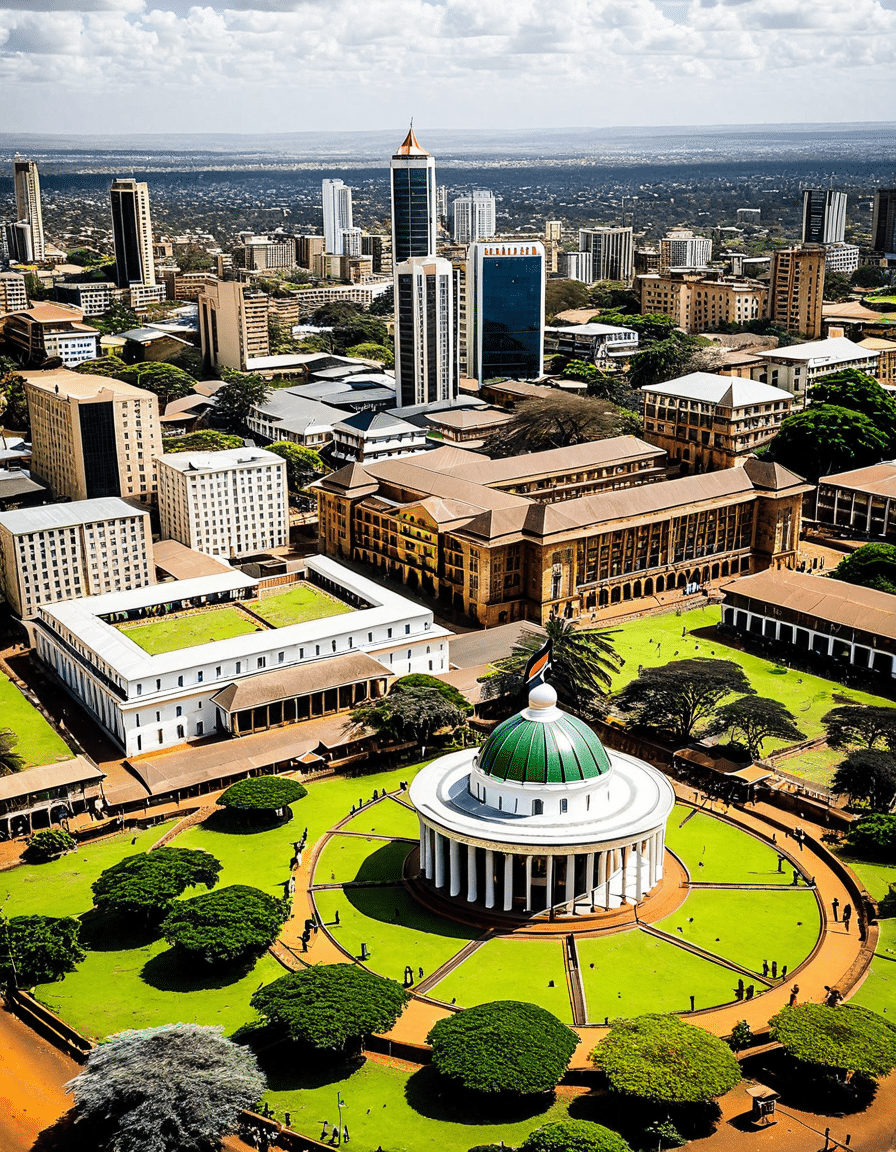
Capital of Kenya: A Vibrant Hub of Culture and History
Rich History and Cultural Melting Pot
The capital of Kenya, Nairobi, is a bustling city that juxtaposes modernity with rich traditions. Established in the late 19th century, it has evolved from a simple railway depot into a thriving metropolis. Did you know that Nairobi is one of the only cities in the world with a national park within its boundaries? That’s right! Nairobi National Park is home to a variety of wildlife, including lions, giraffes, and rhinos, making for a truly unique urban experience. And speaking of unique places, perhaps you’ve come across the vibe at the Mar a Lago club, a far cry from Nairobi but just as intriguing!
Nairobi has also been shaped by diverse cultures which have intertwined over the years. Merchants from various regions, including India and Arabia, have settled here, enriching the city with their culinary and artistic contributions. Imagine enjoying a delicious meal while surrounded by the historical architecture that rivals that of places like the Trump hotel. The cityscape itself is a witness to its dynamic past and present.
Thriving Arts and Education Scene
Moving beyond its history, the capital of Kenya is a hub for creativity and education. Home to various museums and galleries, Nairobi is where art flourishes. For example, the Nairobi National Museum showcases art and artifacts that tell the story of the region’s history and heritage. If you’ve ever found yourself watching shows like Suits Season 8, you might appreciate how narratives both fictional and real can shape our understanding of culture and identity—something you’ll find plenty of in Nairobi.
Moreover, the city’s educational institutions have been key in fostering talent and innovation. Figures such as Marcus Freeman highlight the importance of knowledge sharing. With its focus on research and development, Nairobi positions itself as a leader in addressing contemporary challenges, much like how the professionals in fields ranging from science to the performing arts strive for excellence, reminiscent of the rigorous standards of the Cy Young Award in athletics.
Fun Facts and Trivia
Now for some fun facts! Did you know that Nairobi was once called “Enkare Nairobi,” which means “cool water” in the Maasai language? Another curious tidbit is that the city hosts one of the largest slums in Africa, Kibera, contrasting sharply with its urban landscape. It’s easy to see how such a city could spark interests through unusual comparisons—like the sweet wines from Walla Walla, which can also be considered vibrant in their own right!
Furthermore, Nairobi is a city that thrives on transformation. From bustling marketplaces to modern skyscrapers, its atmosphere can change in an instant—much like the surprise of shifting from 210lbs To kg in a weight conversion. Every corner tells a story, making it a thriving destination for travelers and residents alike. As you immerse yourself in its culture, you’ll find that the capital of Kenya has countless surprises waiting just around the corner!
